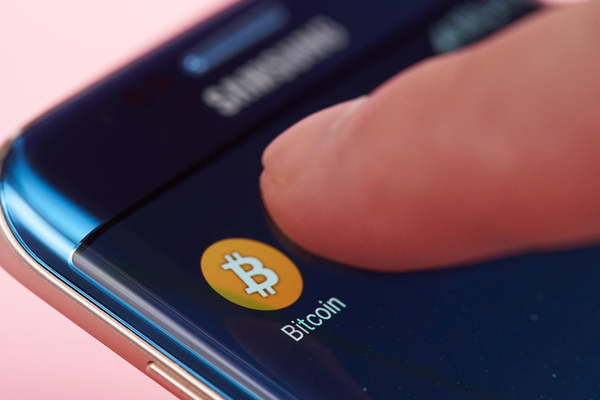
An incredible amount of resources is dedicated to money in the modern world. Money has a physical and virtual infrastructure. Governments regulate banks, and in return, banks get the protection of law enforcement and economic investment. Central banks control the borrowing rates, keeping a hand on the throttle and brake of how a currency inflates or deflates. Private companies auto-debit bank accounts for bills and direct-deposit paychecks for employees. What would happen if none of this occurred?
For many digital currencies, that is pretty much the reality. It is easy to forget, but bitcoin is an ongoing experiment in a decentralized currency. Everything about the currency, from its value to enforcement of community protections, is created by and enforced only by those who hold the currency. In other words, it is the purest expression of the free market; the invisible hand decides everything and the only method for staying honest is dependent on the community.
This has its upsides but also its downsides. Some may curse the Federal Reserve, but if a bank gets robbed, the FDIC is suddenly everybody’s best friend. This decentralization is also a key factor in bitcoin and altcoin volatility. Bitcoin and altcoins have heralded the return of financial disasters from your grandpa’s day, like bank runs (where the bank literally runs out of cash), driving up the risk as exchanges go bust, and even straight-up heists. The risks of these are overhyped, to some degree, but it underscores an important point. Before you invest in anything, research it thoroughly so you know what you are buying. To help with your research, subscribe to the Bitcoin Market Journal newsletter!

